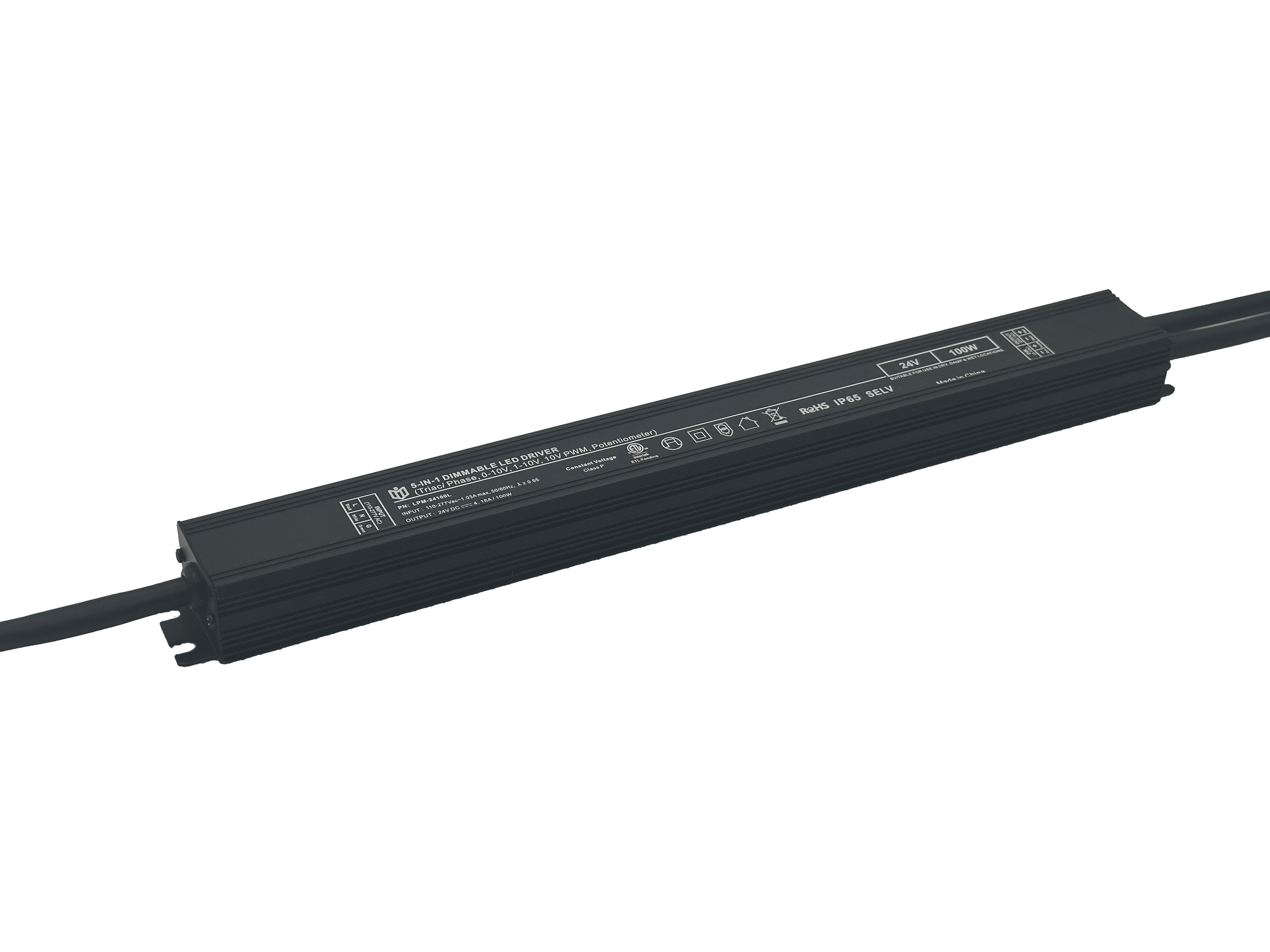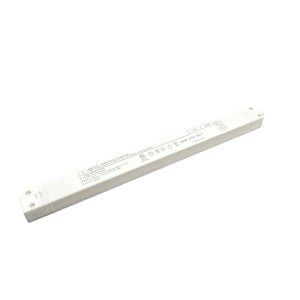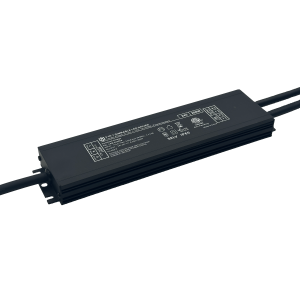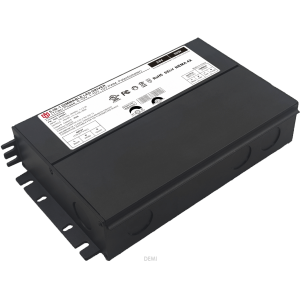No More Flickering Woes! TRIAC Dimming Power Supplies Guard Healthy Eye Use Standards
The era of irritating light flicker is finally over. Modern lighting systems equipped with TRIAC dimming power supplies have revolutionized how we interact with artificial illumination, prioritizing both visual comfort and long-term ocular wellness. Unlike traditional dimmers that cause perceptible strobing effects—leading to headaches, eye strain, and disrupted circadian rhythms—these intelligent modules maintain consistent output through seamless phase control technology. By precisely regulating alternating current waveforms at high frequencies (typically above 1kHz), they achieve truly flicker-free performance verified by IEC 62471 photobiological safety certification.
Healthcare professionals now widely recommend such solutions for clinical environments where stable lighting critically impacts diagnostic accuracy. The secret lies in their ability to stabilize light pulses below the human flicker fusion threshold (approximately 90Hz), effectively eliminating subliminal stressors on retinal cells. Laboratory tests demonstrate up to 87% reduction in blue light emissions compared to conventional drivers when operating at 50% brightness levels. This breakthrough aligns perfectly with ANSI/BIFMA G1 standards for ergonomic workplace design, making them ideal for offices undergoing WELL Building certification processes.
Beyond medical applications, homeowners benefit from transformed living spaces. Kitchen islands become safer cooking zones without distracting luminosity variations; bedroom reading lamps transition smoothly across dimming ranges without compromising relaxation quality. Architectural projects increasingly specify these units to comply with LEED v4 credit requirements for indoor environmental quality enhancement. Their compatibility spans LED strips, downlights, and panel fixtures—adapting effortlessly to retrofit or new construction scenarios.
Manufacturers leverage silicon-controlled switching components to optimize energy transfer efficiency while suppressing electromagnetic interference (EMI). Field measurements confirm <5% total harmonic distortion (THD) during active regulation cycles, ensuring clean grid interaction alongside quiet operational characteristics. Maintenance teams appreciate plug-and-play integration with existing KNX/EIB building automation systems, enabling centralized control over color temperature adjustments and scene presets without specialized programming knowledge.
For businesses seeking sustainable compliance pathways, third-party test reports validate adherence to EN 12464-1 hospital lighting guidelines and ISO 8995 display equipment norms. Case studies from museum curators showcasing preserved artwork pigmentation under accelerated aging tests further prove their cultural heritage preservation capabilities. As global regulators tighten restrictions on stroboscopic effects (per IEC TR 62778 guidance documents), adopting certified TRIAC solutions represents future-proof investment protection against potential product recalls.
When selecting components, verify manufacturer declarations regarding THD percentages and frequency response curves. Premium models incorporate microprocessor compensation algorithms that automatically adjust cutoff angles based on load characteristics—guaranteeing flicker metrics remain undetectable even as bulb ages occur naturally over thousands of operating hours. This level of precision transforms ordinary spaces into optical sanctuaries where productivity flourishes and wellbeing thrives.

 In heritage architecture prote
In heritage architecture prote
 When small-batch customization
When small-batch customization
 Have the electromagnetic emiss
Have the electromagnetic emiss
 When Triac dimmable power supp
When Triac dimmable power supp
